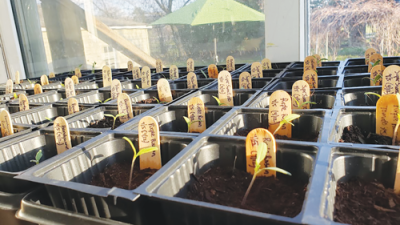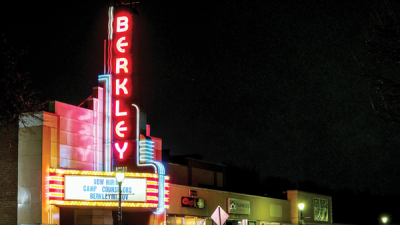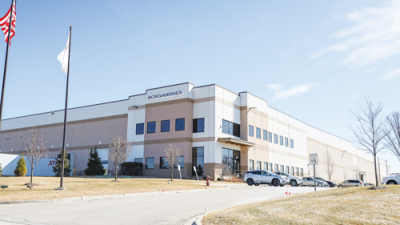MACOMB COUNTY — Macomb County Executive Mark Hackel and Public Works Commissioner Candice Miller called on Macomb County municipalities to resume regular payments to the Great Lakes Water Authority.
Expressed through a statement released June 7, their call comes after the GLWA rejected a plan to reimburse suburban communities $25 million for Highland Park’s refusal to pay its portion of the costs. A judge ruled on May 10 that Highland Park must pay 65% of its debt, and the GLWA reversed a price hike on June 2 that was meant to compensate for Highland Park’s nonpayments. The GLWA’s reversal reduces its charges by $6.7 million.
“The GLWA board members representing Oakland County, Wayne County and the City of Detroit would not agree, unfortunately, with Macomb’s idea for the full $25 million, which would have provided some relief to our ratepayers,” Miller said in a statement. “Executive Hackel and I did what we needed to do to bring a lot of public awareness to this issue. We did our job, and because of that, the board took action. It’s a very partial victory, and unfortunately it only kicks the can down the road because Highland Park’s debt will continue to grow.”
While Hackel sees the GLWA’s decision as “somewhat of a disappointment,” he believes the various communities that have withheld paying the now-reversed hiked fees will resume their payments.
“The challenge we knew at the time when we said, ‘Let’s hold back and put those increased rates into escrow’ was it could have had (an) issue or could have negatively impacted the $300 million bond sale that (the GLWA) are about to embark on this summer,” Hackel said. “We don’t want high bond payments, as that would be a reflection of everyone having to pay higher rates. We realized we did what we needed to do (and) got the attention we needed to get, so now we recognize that if we continue just to do that out of spite … it will have a negative impact — and one that would be borne by everybody.”
One such community is Macomb Township, which included language in its resolution to hold the money in escrow “while a just settlement of this matter is pursued.”
“I think, overall, it is certainly a step in the right direction,” Macomb Township Supervisor Frank Viviano said. “From what I have learned, Highland Park has begun to make some payments finally. … We still have the issue of all the outstanding debt that we have been paying for these last number of years, but at least going forward, it seems like all the communities will be able to make a full payment to the GLWA.”
Even with the failure of the proposed $25 million reimbursement, Hackel still plans on getting the $13.5 million that Macomb County communities have spent covering Highland Park’s GLWA bill reimbursed. So far, the plan is to keep bringing the matter up at GLWA meetings.
“Ryan Baker is the one who is taking the lead on this; every time he is at the meetings, he is continuously asking for (support),” Hackel said. “He is going to put it out there and hopes that somebody takes up his motion to do it.”
Viviano also believes getting the reimbursement is possible, though it might have to come through litigation.
“I know that is what a lot of our leaders have been pushing for; it is what I have been pushing for,” Viviano said. “Unfortunately, I think it is going to end up in front of a judge, and ultimately, a court is going to have to decide. But if you are just looking at the commonsense justice of it all, the city of Highland Park should be paying for the services that they have been using.”
Highland Park was placed into the GLWA on an emergency basis after the city’s water treatment plant was closed by the state in 2012 due to various issues. Highland Park continued to collect water payments from residents, and city officials claimed they were trying to find a way to repair and reopen the facility, all while not paying the GLWA and its predecessor, the Detroit Water and Sewerage Department, for its services.
“I do not know why any city leader would put their community in the position that they have done the past decade or so, but I think it is wholly irresponsible of them,” Viviano said.
 Publication select ▼
Publication select ▼


























